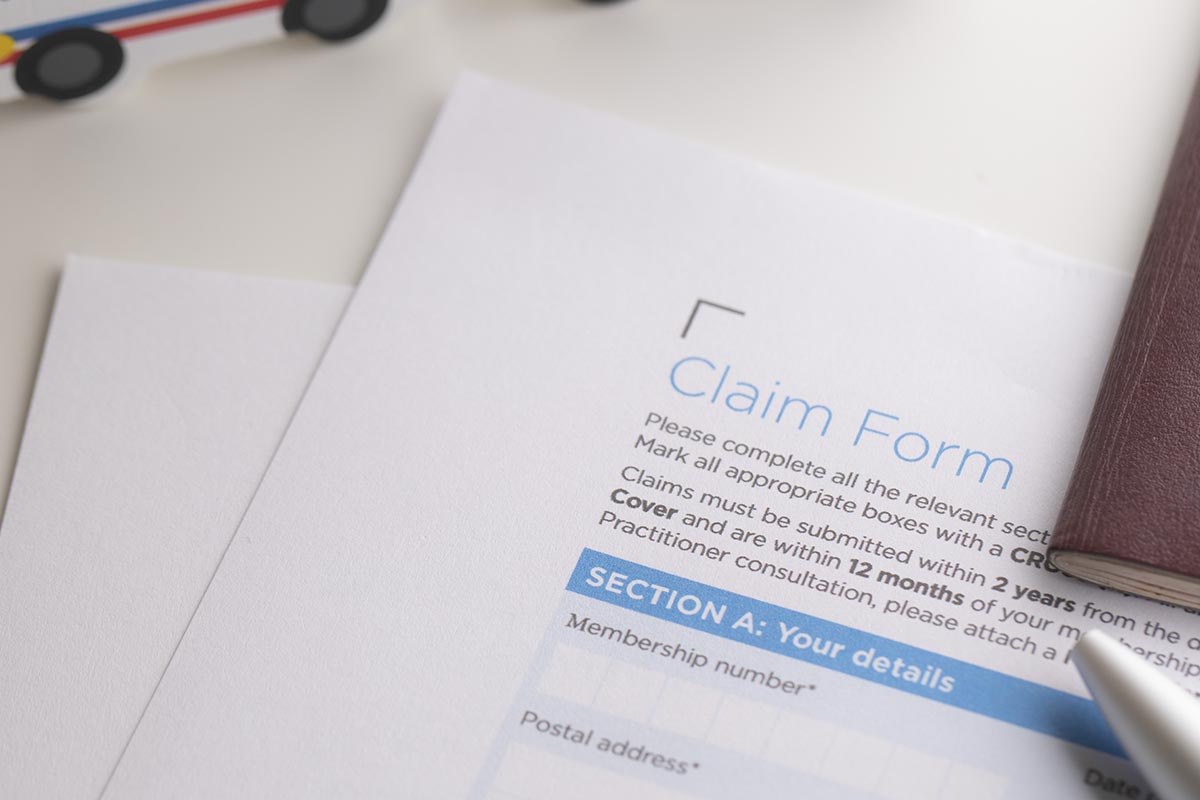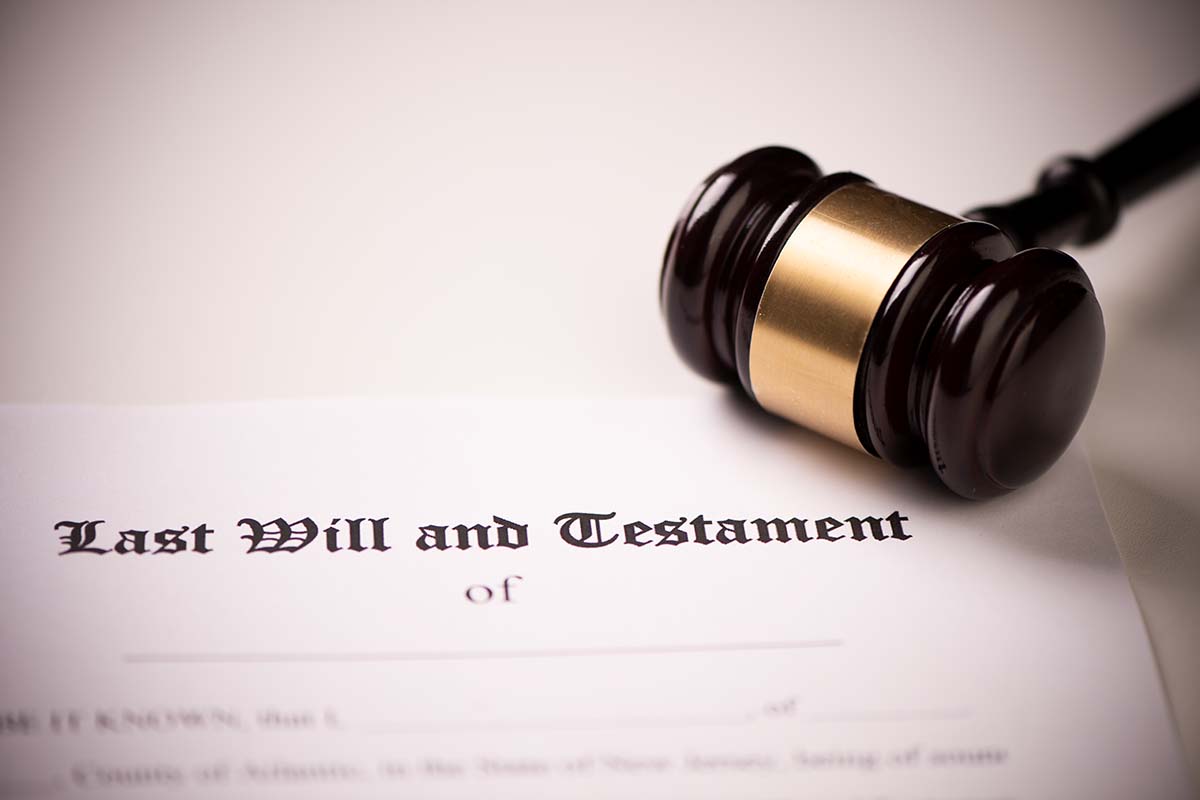Contesting an estate if there is no will can be a difficult and frustrating process, as the laws governing estates vary from state to state. But if you find yourself in this situation, it’s important to know that there are options available for contesting an estate when no will is present.
Whether you’re looking to protect your rights as a surviving spouse or ensure that assets go where they rightfully belong, understanding what legal recourse is available is key. In this article, we’ll look at some of the ways you can contest an estate without a will and how best to navigate the process.
Understand the rules of intestate succession
The rules of intestate succession are the laws used to determine who will inherit an estate in the event that the deceased did not leave a valid will. Intestate succession laws vary from state to state and depend on the type of property and its value as well as the relationship between the deceased and their heirs. Generally, spouses, children, parents, siblings, and other close relatives may be entitled to inherit in descending order of proximity.
For instance, if a person dies without leaving a will, the surviving spouse is typically first in line to inherit. If there are no surviving children or grandchildren of either spouse, then their respective parents are next in line. If there are no parents or siblings of either spouse alive at the time of death, then any uncles or aunts may be entitled to receive part of the estate. Finally, if none of these relatives exist, then any other known living kin may be eligible to receive an inheritance.
It’s important to note that when it comes to estates without a will, state law dictates how assets are distributed among those entitled to receive them. That means that those not specifically listed in a will have no legal claim to inherit anything from an estate unless they meet the applicable legal criteria for doing so under state statutes. Furthermore, certain types of assets such as real estate must pass through probate regardless of whether there is a valid will or not.
In cases where there is no valid will present at the death and multiple parties wish to contest an estate’s distribution plan based on intestate succession laws, many states allow them to do so by filing a petition with the appropriate court outlining their objections and desired outcomes for distribution.
This can complicate matters significantly as all parties involved must agree on who should receive what portion of an estate’s assets; otherwise proceedings could drag out for months or years while disputes remain unresolved.
Prove your relationship with the deceased
In order to prove your relationship with the deceased, it is important to have clear and concrete evidence that can be presented in court. This could be documents such as birth certificates, marriage licenses, death certificates, adoption records, or other documents that clearly show the familial connection between you and the deceased individual.
Additionally, if there are any written communications between yourself and the deceased person prior to their passing, these can also help provide proof of your relationship. This might include letters or emails where they refer to you by name or in a relationship capacity such as “sister” or “granddaughter”. In some cases, witnesses may also be called upon to attest to your relationship with the decedent.
This could involve people who knew both parties well and could testify in court about their knowledge of this particular family dynamic. For example, a neighbor or close friend that saw you interacting with the deceased on a regular basis before their passing would likely be able to provide useful information regarding your relationship with them.
Another way of establishing your relationship with the deceased is through DNA testing. In recent years, DNA testing has become much more accessible and affordable for those looking for legal proof of a familial connection between two individuals.
This kind of test involves analyzing a sample of one’s genetic material in order to determine relatedness between two parties. While this process isn’t foolproof by any means and should not be relied upon as a definite answer when it comes to proving one’s relationship with someone else, it can still serve as supporting evidence if need be in some instances involving estate litigation without a will present.
Seek legal help to file a claim
When dealing with an estate without a will, it is important to seek legal advice from a qualified estate planning attorney familiar with intestacy proceedings. An estate attorney can help in many ways, such as guiding you through the process of filing a claim, ensuring that all applicable laws and regulations are met, and helping to resolve any disputes between potential heirs.
When seeking legal help regarding an estate, it is important to be prepared with the following information:
- A copy of the deceased’s death certificate;
- A list of all heirs to the estate;
- Records or testimonies related to previous agreements between the deceased and his/her heirs;
- A detailed description of any disputes between heirs that need to be resolved;
- Documents showing records of debts due from or to the estate;
- An inventory of all assets owned by the deceased.
For legal recommendations from qualified estate attorneys, click here: Brown & Hobkirk, PLLC
Prepare to fight for your case in court, if necessary
Filing a petition to contest an estate without a will can be a complex process and one that must be undertaken with care. It is important to understand the intestacy laws in your state, as well as any applicable deadlines for filing or responding to petitions.
Additionally, it is essential to have reliable evidence of your relationship with the deceased in order to prove why you are entitled to receive a portion of the estate’s assets. This could include birth certificates, marriage licenses, death certificates, adoption records, or other documents showing your familial connection. Written communications between yourself and the decedent might also provide useful information regarding your relationship.
When filing a petition, it is necessary to take into account all parties involved in the estate and identify those who may dispute any proposed distributions. The goal of this petition would be to make a case for why your proposed distribution plan should be accepted rather than any competing proposals offered by other parties. In some cases, mediation or arbitration may be sought out in order to reach an agreement without having to go through lengthy court proceedings.
If all else fails however, it may become necessary to file a lawsuit and litigate the matter before a court of law in order to prove entitlement and resolve any disputes over ownership of assets within the estate.
If this should occur, it is important that you seek legal help from an experienced estate attorney who can guide you through the process and help build a strong case for your side. This involves providing detailed evidence such as records of debts due from or owed by the estate, along with an inventory of assets owned by the deceased at the time of death.
It is also important to remember that all parties with an interest in an intestate succession law dispute – including creditors – must be given proper notice when such matters come before the court so they can present their claims as well. An experienced lawyer will be able to ensure that all relevant parties are properly notified so their rights are protected throughout this process.
At trial (should it become necessary), each heir involved in the dispute will have their own opportunity to present witnesses on their behalf and make arguments as to why their proposed distribution plan should be accepted by the court instead of others’ proposals. This makes it important for each party involved – including yourself – to thoroughly research relevant laws pertaining to estate administration and inheritance rights prior to entering court proceedings so as to best position oneself for success when arguing before judges or juries.
Ultimately though whatever decision or ruling is made by the court on these matters will depend upon clear evidence presented regarding relationships between heirs and deceased individuals along with factual proof about how assets were handled prior to the death. Therefore knowing how best to obtain such evidence ahead of time is key when looking to contest an estate without a will successfully
Contesting an estate without a will: receive and distribute the estate’s assets
Once a court has approved the distribution of assets to heirs, the next step is for the executor to take possession of all estate assets and begin dividing them in accordance with the intestate succession law.
The executor must identify any creditors that have a claim against estate property, and pay these off prior to distributing anything else. They must also make sure all taxes owed by the estate are paid such as federal and state income tax, inheritance tax (if applicable), probate fees, legal costs, etc. Any remaining funds after these are taken care of can then be divided among approved heirs as outlined in court rulings or paperwork filed with local probate offices.
It is important for both parties involved – executors and heirs – to keep records of all transactions made in regard to estate matters, as these will be necessary if any disputes arise or questions about the distribution of assets come up at a later time. Having documentation ready to present in court in such a situation will help ensure that whatever decision is made is based on facts and clear evidence rather than speculation or hearsay.
By following the steps outlined above, it is possible to successfully contest an estate without a will and receive one’s inheritance rights according to applicable laws. However, depending on the complexity of an estate matter along with certain other factors such as the number of heirs involved, this process can often take considerable amounts of time and effort. Therefore seeking out legal advice from an experienced attorney can help make sure everything




















